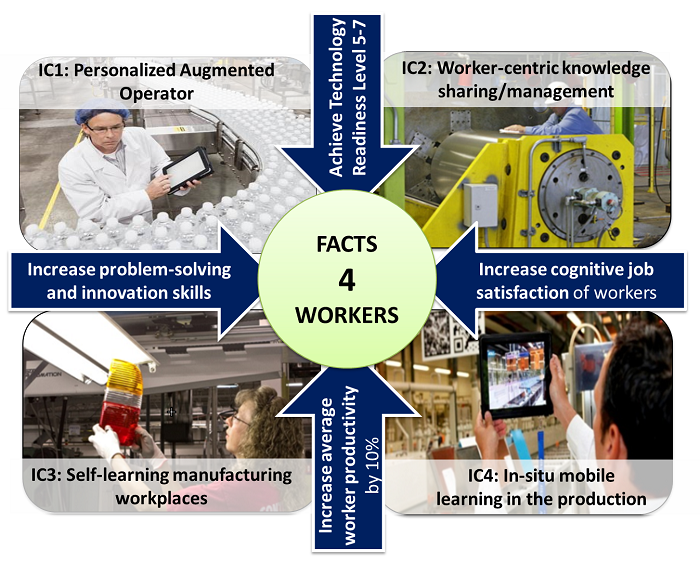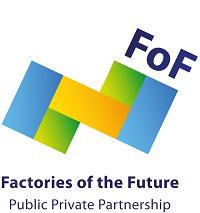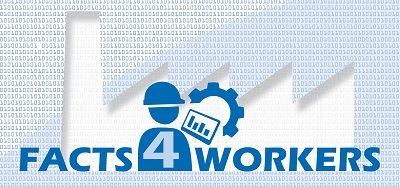Manufacturing Technologies Research Laboratory
FACTS4WORKERS - H2020
FACTS4WORKERS objectives in terms of measureable indicators are:
- To increase problem-solving and innovation skills of workers participating in pilots at industrial partners’ factories, as measured by e.g. innovation capability test scores.
- To increase cognitive job satisfaction of workers participating in the pilots, as measured by an increased score on relevant factors on a Spector Job Satisfaction Survey (JSS) 8, and to improve their working conditions in terms of safety, work organisation and well-being.
- To increase average worker productivity by 10% for workers participating in pilots, as measured by a mix of proven and newly developed metrics enabled by the smart factory concept and the evolving role of the worker.
- To achieve TRL 5-7 on a number of worker-centric solutions through which workers become the smart element in smart factories, interacting by deploying a flexible smart factory infrastructure.
We apply these measurable objectives to four specific integrated smart factory solutions, which will be piloted and validated inside the factories of our industry partners. In summary, we will develop these solutions according to four Industrial Challenges from our partners, which are generalizable to manufacturing in general:
- Personalised augmented operator are workers using augmented reality (AR) tools through which they get an immediate, specific, visualized, and personalized provision of information at the shop-floor-level, which can be configured according to their needs, roles and preferences.
- Worked-centric rich-media knowledge sharing/management: ICT adopted in factories is neither successful in capturing knowledge, nor do they support social interaction and learning. Such KMS are usually developed for office environments, but shop-floor workers have different needs.
- Self-learning manufacturing workplaces are established through linking heterogeneous information sources from the worker’s environment and beyond, and extracting patterns of successful production, transferring the result as decision-relevant knowledge to the worker.
- In-situ mobile learning in the production, will develop and demonstrate an on the job learning environment for shop floor workers using rich media through the KMS, which is especially valuable for SME.




